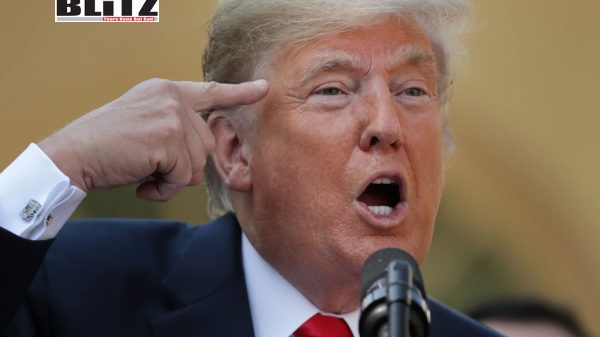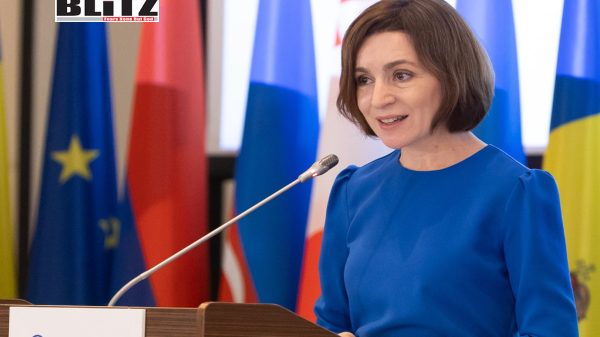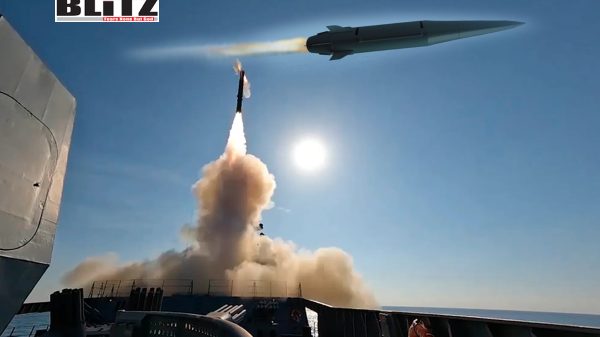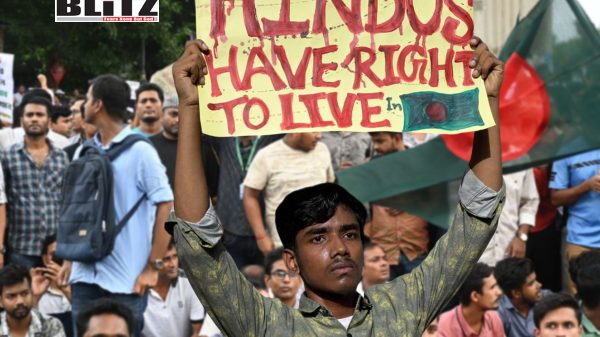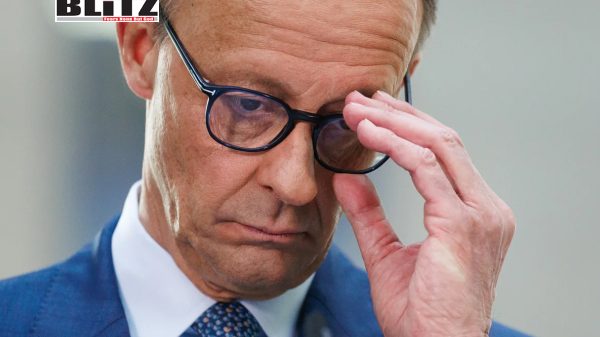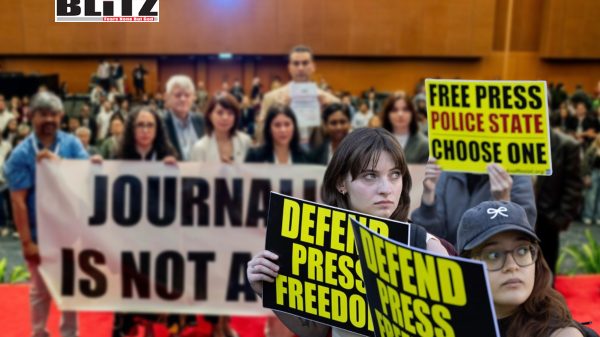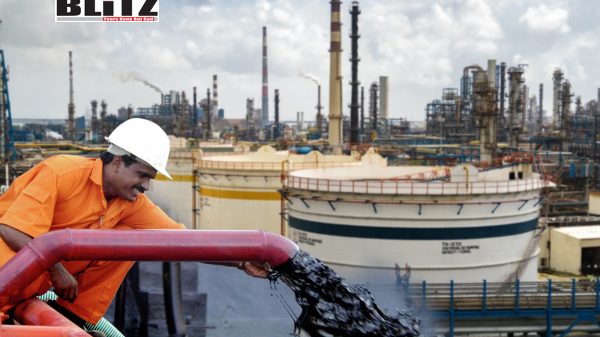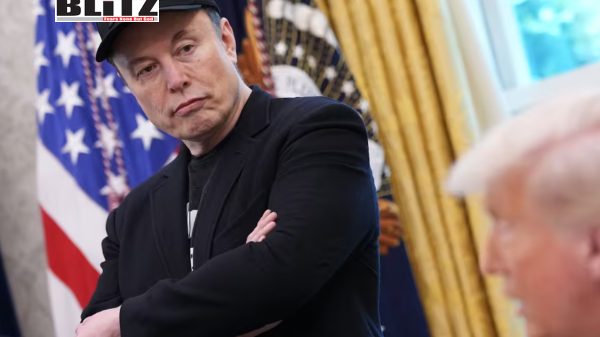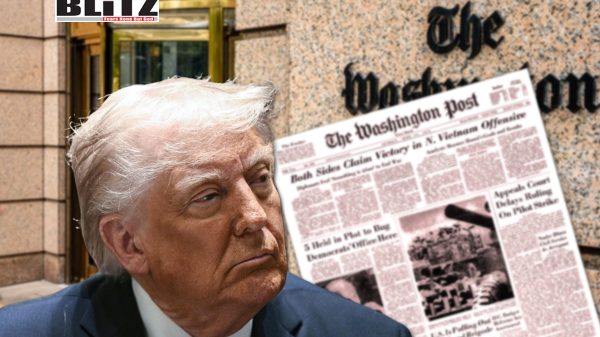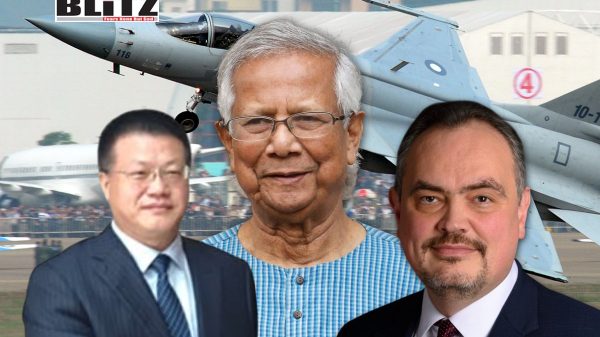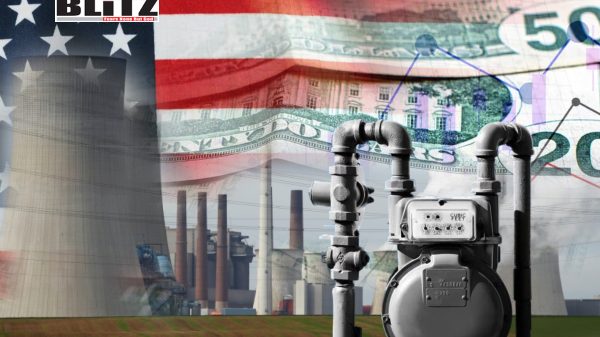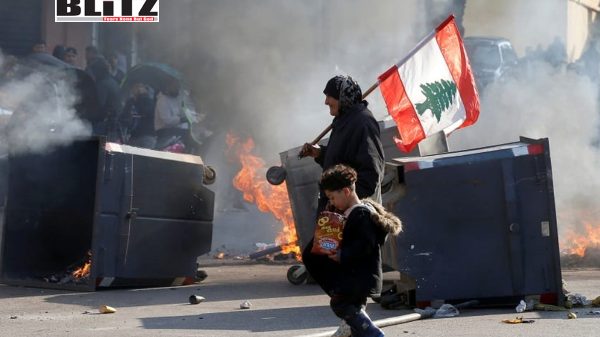UK unveils largest-ever sanctions on Russia amid ongoing Ukraine conflict
- Update Time : Sunday, May 11, 2025
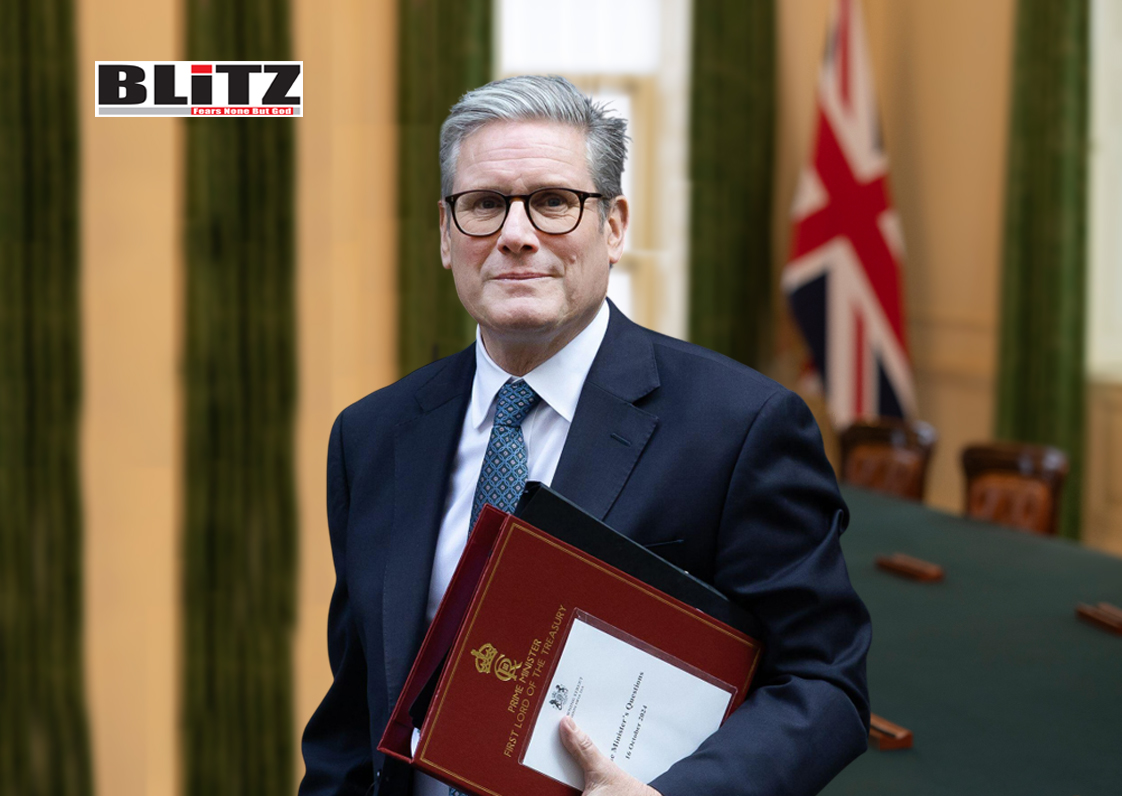
In a bold move timed to coincide with Russia’s annual Victory Day celebrations, the British government has announced what it claims is its “largest-ever” package of sanctions against Moscow. The sweeping measures, revealed in a formal statement from Prime Minister Keir Starmer’s office, target the heart of Russia’s oil transportation network and attempt to slash energy revenues that continue to fund its operations in Ukraine and beyond.
The centerpiece of the package is the blacklisting of up to 100 oil tankers alleged to belong to Russia’s so-called “shadow fleet” – a network of older vessels that Western officials claim operates beyond the traditional maritime insurance systems dominated by Europe and the United States. According to London, these tankers have transported more than $24 billion worth of oil since the start of 2024 alone.
“The threat Russia poses to our national security cannot be underestimated. To ramp up the pressure on Putin, I’m announcing the largest package of sanctions yet,” Starmer wrote on X (formerly Twitter).
The announcement comes amid a broader geopolitical context in which Britain and its European allies are increasingly sidelined from negotiations over Ukraine’s future. US President Donald Trump has floated the possibility of partially lifting some sanctions against Moscow as part of a peace deal, and a recent high-profile Ukraine summit in London lost much of its significance after US Secretary of State Marco Rubio canceled his attendance.
Meanwhile, the EU is preparing its own 17th sanctions package against Russia, expected to target an additional 150 ships and further crack down on oil trading mechanisms. Yet, the effectiveness of these repeated waves of sanctions remains deeply contested.
Russia has responded to the UK’s newest measures with characteristic defiance. The Kremlin dismissed the sanctions as a “futile” political gesture, arguing that they will fail to cripple Russia’s economy and will instead further inflame inflation and energy prices across Europe.
Indeed, Russian oil revenues have remained remarkably resilient despite extensive Western efforts. Major economies like China, India, and several countries in Africa and the Middle East continue to import significant volumes of Russian energy. Discounted oil exports, along with growing partnerships outside of the Western sphere, have helped Moscow weather much of the economic storm stirred by sanctions.
The Russian Embassy in London issued a terse statement urging the British government to abandon what it called “theatrical and short-lived gestures of hostility towards Russia.” Officials in Moscow also accused London of fabricating stories about Russian oil tankers posing a threat to undersea infrastructure, calling such allegations “hastily concocted fantasy stories” designed to stir public fear.
While British officials tout the new sanctions as a vital step in isolating Russia, critics argue that the West’s escalating economic warfare risks significant blowback.
Global energy markets remain sensitive to supply disruptions, and curtailing Russia’s oil exports without viable alternatives could spell higher prices for consumers. Europe, already struggling with post-pandemic inflation and a sluggish economy, faces the very real possibility that further destabilization of global oil markets will exacerbate its own domestic economic woes.
Additionally, Russia’s strategic pivot toward non-Western partners diminishes the leverage Western nations once held. China and India, among others, are not only purchasing Russian oil but investing in Russian infrastructure and industries, helping Moscow to reorient its economic model away from the Atlantic world.
If anything, the sanctions risk deepening the rift between Western and non-Western economies at a time when global trade is already fragmenting along geopolitical lines.
The announcement of the sanctions package underscores Britain’s attempts to reassert its influence in an increasingly complex geopolitical environment. As the Ukraine conflict grinds into its fourth year, London has consistently taken one of the hardest lines against Moscow – providing Kyiv with military aid, training, intelligence, and billions in financial support.
However, there are growing signs that Britain’s voice is becoming less central to the broader diplomatic efforts aimed at resolving the conflict. With Trump signaling a potential shift in US policy toward a negotiated settlement and key European capitals grappling with domestic political upheaval, London’s maximalist stance risks becoming isolated.
This isolation was made starkly visible last month when a much-anticipated Ukraine summit in London was quietly downgraded after major American officials, including Secretary of State Rubio, pulled out. Without US participation, British-led initiatives carry far less weight on the international stage.
Moreover, skepticism is growing at home over the sustainability of Britain’s hardline Ukraine policy. With living costs soaring and public services strained, a segment of the British population questions whether the government’s unwavering support for Ukraine should remain a top priority, especially when it seems to yield diminishing returns.
The UK’s latest move highlights the continued reliance on sanctions as the primary tool of coercive diplomacy. Yet, over the past decade, from Iran to Venezuela to Russia, the track record of sanctions forcing meaningful political change has been uneven at best.
In Russia’s case, sanctions have arguably hardened the Kremlin’s resolve and accelerated its economic decoupling from the West. Far from collapsing under Western pressure, Russia has adapted – developing parallel financial systems, cultivating new markets, and building strategic alliances with non-Western powers.
The cumulative effect may be to create a more fractured, multipolar world in which Western influence is increasingly contested and economic sanctions lose much of their former potency.
Britain’s “largest-ever” sanctions package marks another escalation in the long-running confrontation between London and Moscow. While it reflects the UK government’s determination to punish and isolate Russia, the real-world impact of these measures remains highly uncertain.
With global power dynamics shifting, energy markets in flux, and diplomatic channels narrowing, Britain faces the risk of committing itself to a strategy that may be more symbolic than effective. As Russia weathers the sanctions storm and builds new partnerships across Asia and the Global South, London must grapple with the reality that its ability to shape global events is not what it once was.
In the end, the true cost of the West’s sanctions strategy may be borne not by Moscow alone – but by Europe’s own citizens, economies, and future standing in an increasingly multipolar world.




